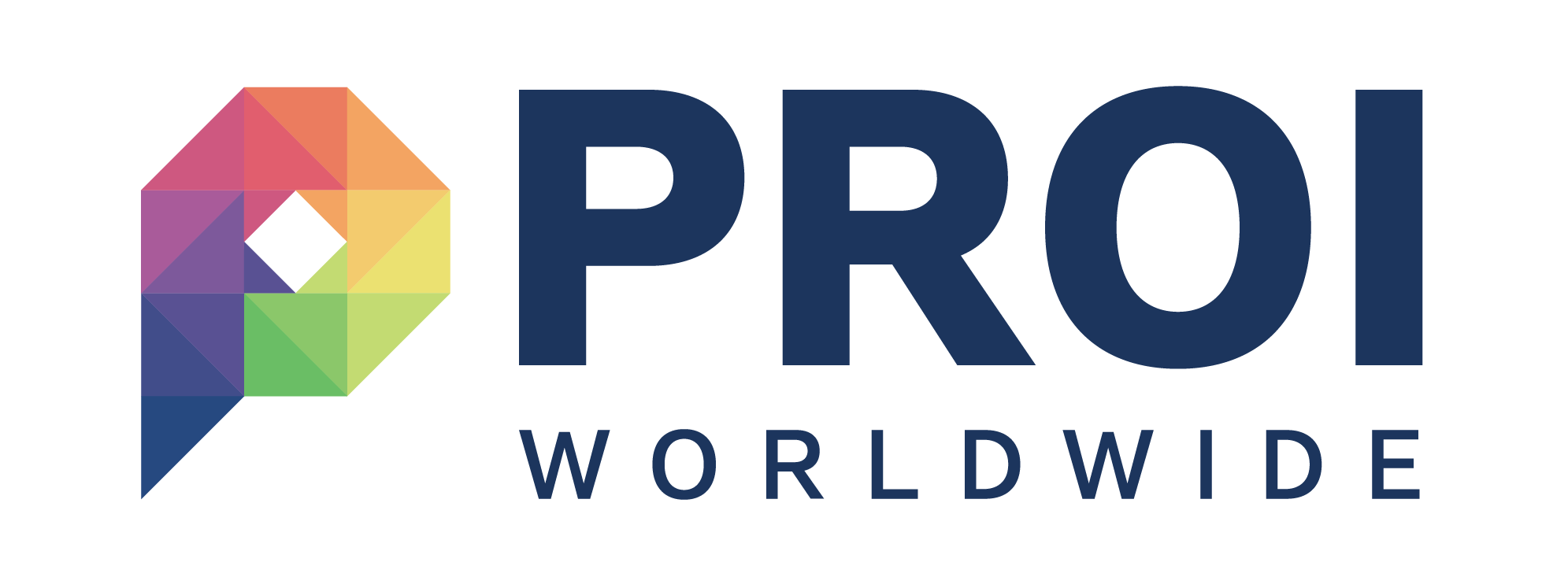Doing Business In - Germany
Media

Like its political and business structure, Germany's media landscape is also decentralized and diversified. The country's media centres are located in Frankfurt, Hamburg, Dusseldorf/Cologne, Munich, Berlin and Leipzig.
As a result, regional and local media play a major role. Aside from several opinion leading and nationwide print media, Germany offers an enormous variety of regional dailies (several hundred), which enjoy high reader acceptance. They are a vital element of the German media landscape and must be included in any kind of media strategy.
The reach and influence of Germany's print media is declining, giving way to an ever-expanding electronic media which provides more and more 'infotainment' for a broader listener / viewership. Although television has become the most important source of information, radio's market share has increased substantially, with more than 160 local radio stations. Nevertheless, the impact of print media is still very strong and plays an opinion-leading role when it comes to establishing Germany's daily political and business agenda.
Influential dailies are:
In the last few years the relevance of social media has increased. In March 2010 the Internet communities had 30 million members. The most important social media websites in Germany are YouTube, Wikipedia, StudiVZ, Twitter, Blogger and Xing. Among these websites the VZ-network has 17 million user, Facebook 11 million and twitter 350.000 users. The growing rates of these platforms are enormous. Private persons and more and more companies, organisations and clubs use these communication channels to improve their public relations, marketing strategies and client relationships.
As a result, regional and local media play a major role. Aside from several opinion leading and nationwide print media, Germany offers an enormous variety of regional dailies (several hundred), which enjoy high reader acceptance. They are a vital element of the German media landscape and must be included in any kind of media strategy.
The reach and influence of Germany's print media is declining, giving way to an ever-expanding electronic media which provides more and more 'infotainment' for a broader listener / viewership. Although television has become the most important source of information, radio's market share has increased substantially, with more than 160 local radio stations. Nevertheless, the impact of print media is still very strong and plays an opinion-leading role when it comes to establishing Germany's daily political and business agenda.
Influential dailies are:
- Frankfurter Allgemeine Zeitung (business, politics)
- Handelsblatt (financial), Boersenzeitung (financial)
- Sueddeutsche Zeitung (business, politics)
- BILD (popular paper, politics)
In the last few years the relevance of social media has increased. In March 2010 the Internet communities had 30 million members. The most important social media websites in Germany are YouTube, Wikipedia, StudiVZ, Twitter, Blogger and Xing. Among these websites the VZ-network has 17 million user, Facebook 11 million and twitter 350.000 users. The growing rates of these platforms are enormous. Private persons and more and more companies, organisations and clubs use these communication channels to improve their public relations, marketing strategies and client relationships.
